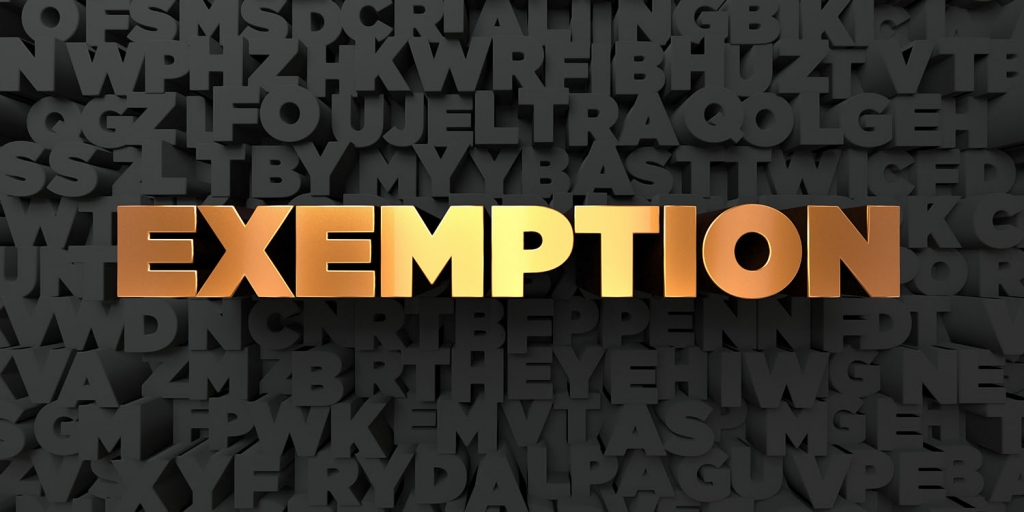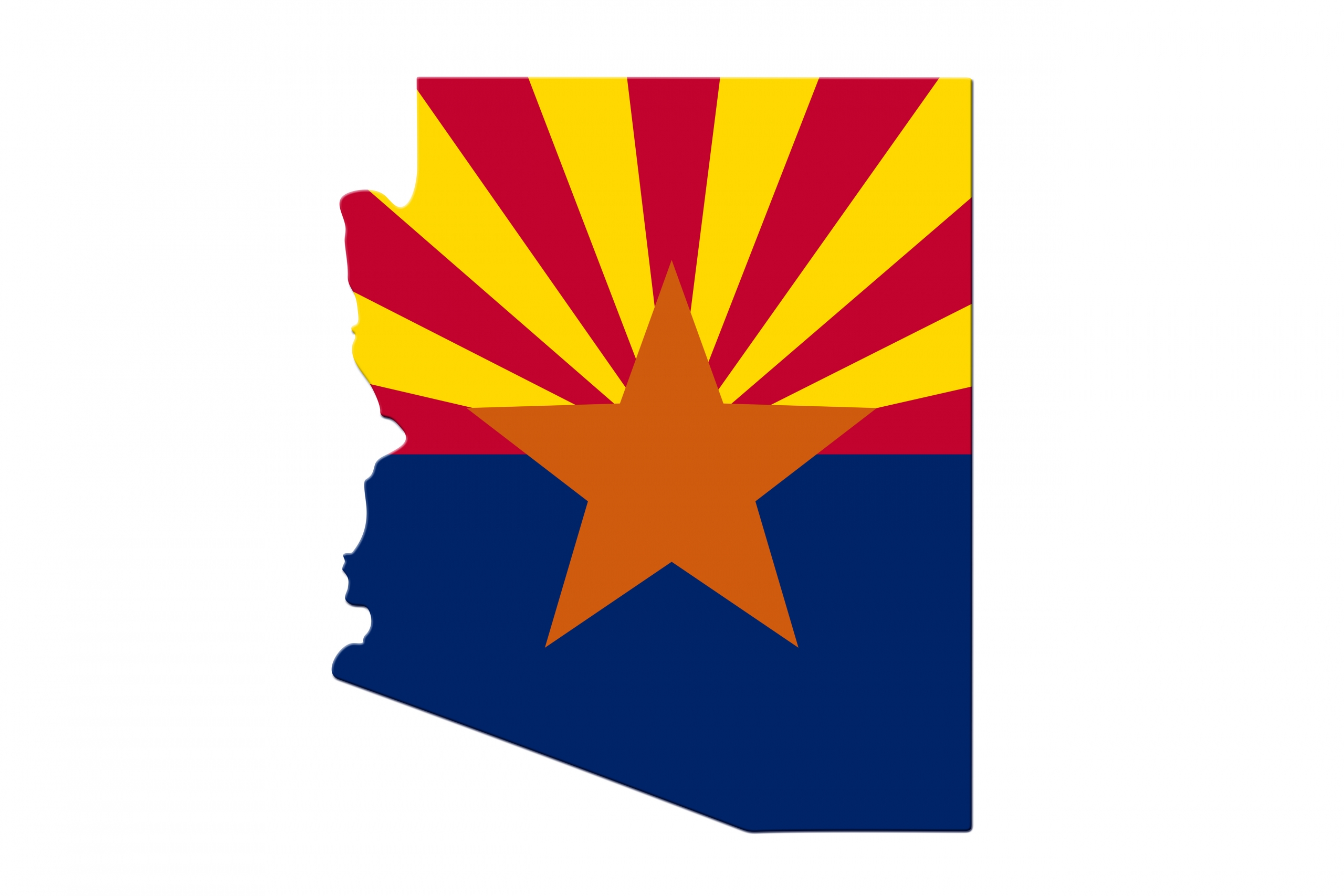What is the Homestead Exemption in Arizona?
Typically people filing for bankruptcy know that they will have to liquidate all of their valuable assets. This situation leads many homeowners to struggle and not declare bankruptcy when they should because they don’t want to lose their homes. The question is, can homeowners protect their homes during bankruptcy? Arizona law does offer some protection to property owners and homeowners during the bankruptcy process.
Even if you’re looking to file a petition within the bankruptcy court and liquidate or sell off assets, your home may fall under an extension. Learning about exceptions and how you can preserve some of your assets during the bankruptcy filing calls for involving in Arizona bankruptcy law attorney. These attorneys specialize in understanding bankruptcy cases and specific state laws that set the scope or bankruptcy release and asset handling.
Arizona’s Homestead Exemption
There’s some confusion when people file for bankruptcy on their own because the states are not required to follow federal bankruptcy exemptions. Arizona state has different exemptions in regard to Homestead or property then federal bankruptcy exemptions. So, if you’ve done your own research and are familiar with Federal Regulations, those don’t apply in Arizona.
In Arizona, there’s up to $150,000 in equity protection under the homestead exemption. However, that only applies to the person’s dwelling or owned residence. That means that you cannot use the homestead exemption to protect rental properties, cabins, condos, and other forms of real estate where that property is not your dwelling. For people who moved recently before filing bankruptcy, it is possible for you to live in another residence for up to two years and still apply this exemption towards the house.
How Can You Protect Your Real Estate When Filing?
You can absolutely protect some types of property in specific situations. The good news is that Homestead exemptions are automatic. Meaning that if you meet the basic requirements, such as 40 months of homeownership prior to filing, and other nuances, then the homestead protection should kick in.
When filing bankruptcy, the bankruptcy court isn’t out to get your house. In fact, the homestead exemption exists so that someone filing for bankruptcy can still have a physical shelter and some financial protection. A homestead exemption can block the first sale of a property, but it doesn’t stop a bank from foreclosure if that process is already underway.
Get Support During a Bankruptcy Filing
The best way to manage a bankruptcy filing is to work closely alongside in Arizona bankruptcy lawyer. These legal professionals handle bankruptcy on a daily basis, so they know exactly what paperwork to do and what assets to evaluate during a bankruptcy filing. They can also help you understand why and how your real estate is impacted by bankruptcy.
To get more support during a bankruptcy filing schedule a consultation with an Arizona bankruptcy attorney. During that consultation, make sure that you bring any questions you have, and concerns about your real estate or property. You can begin discussing Homestead exemptions and what does or does it count as a homestead during that consultation. Meet with an Arizona bankruptcy lawyer and explore your options.




